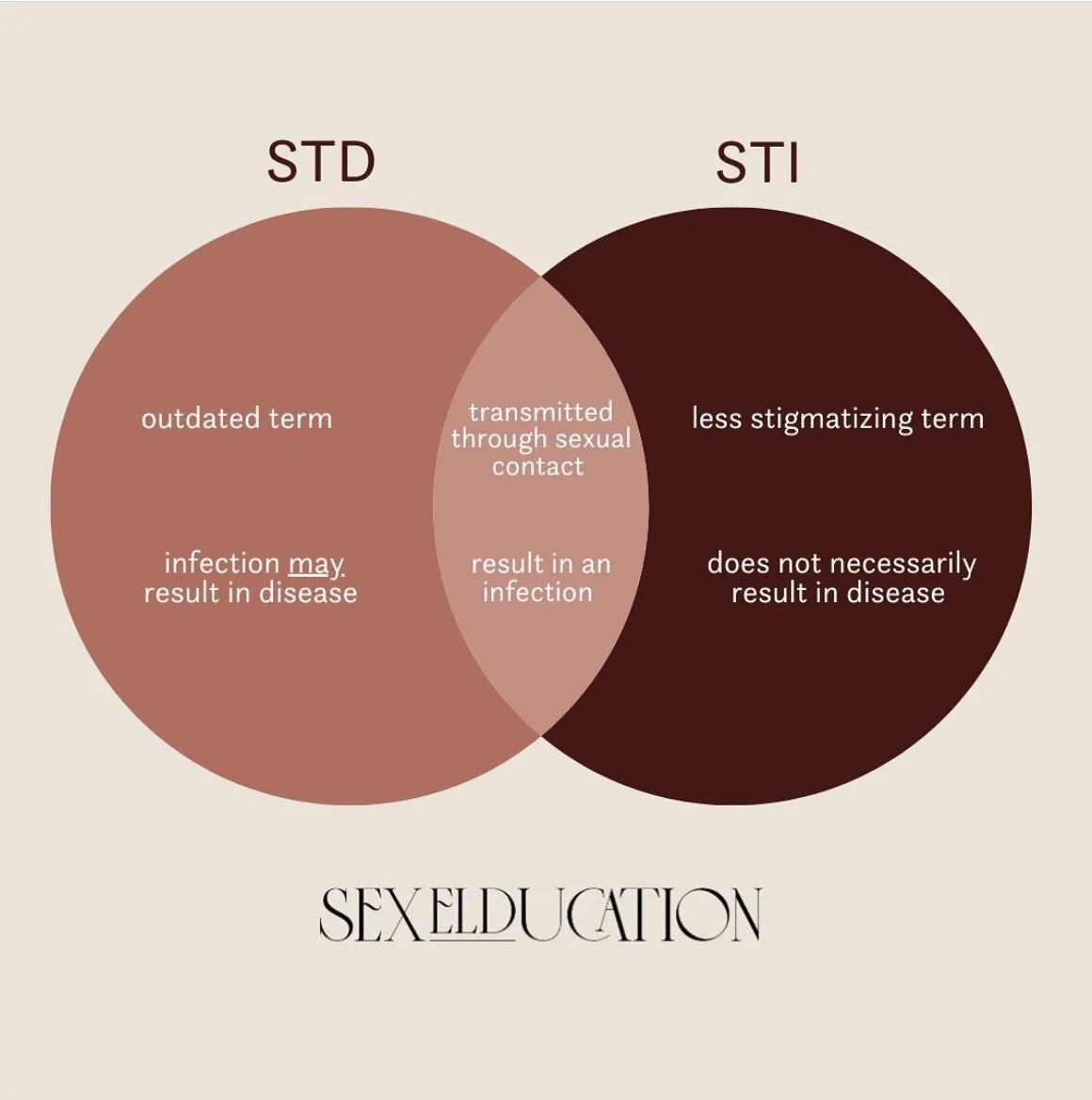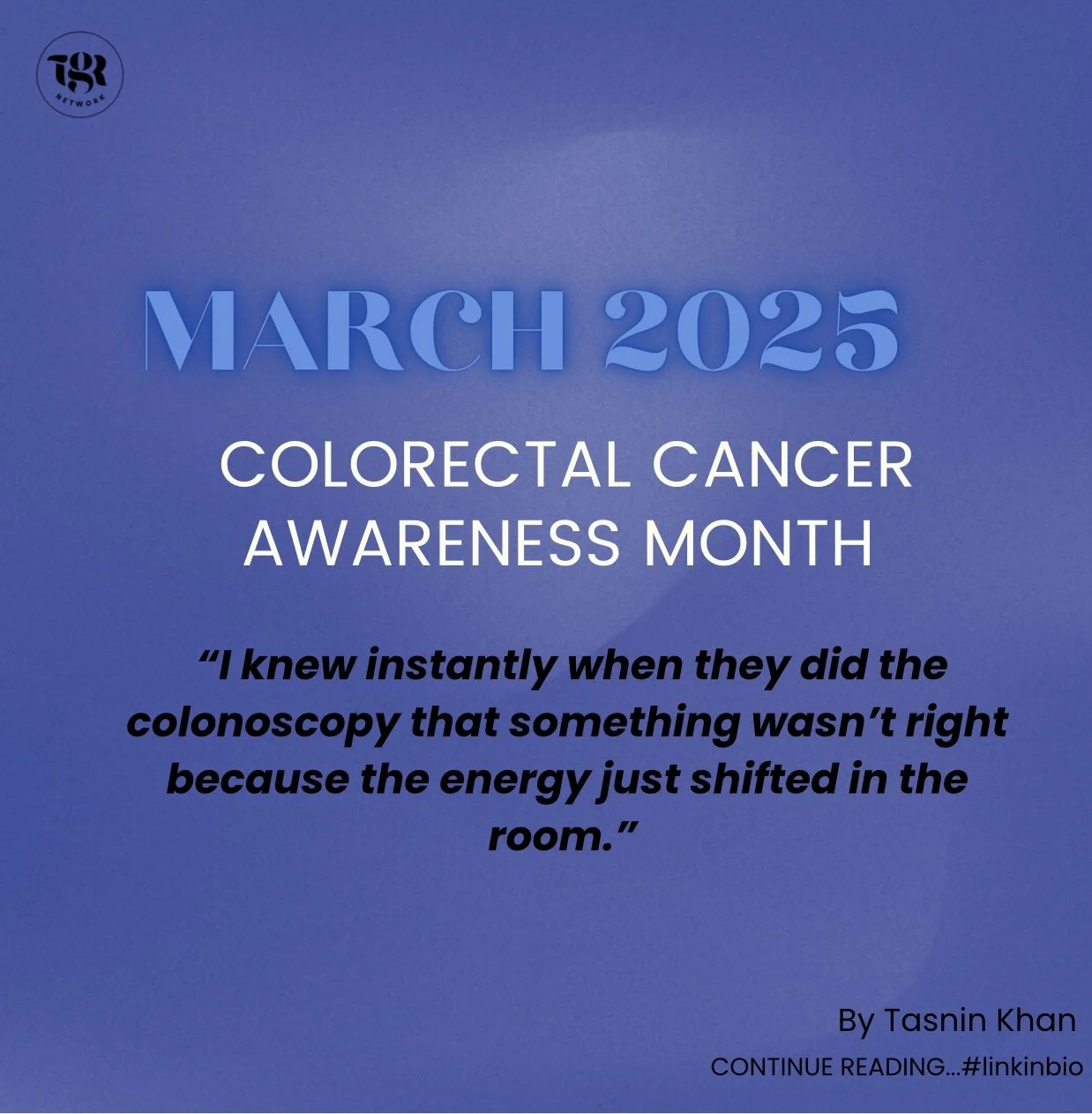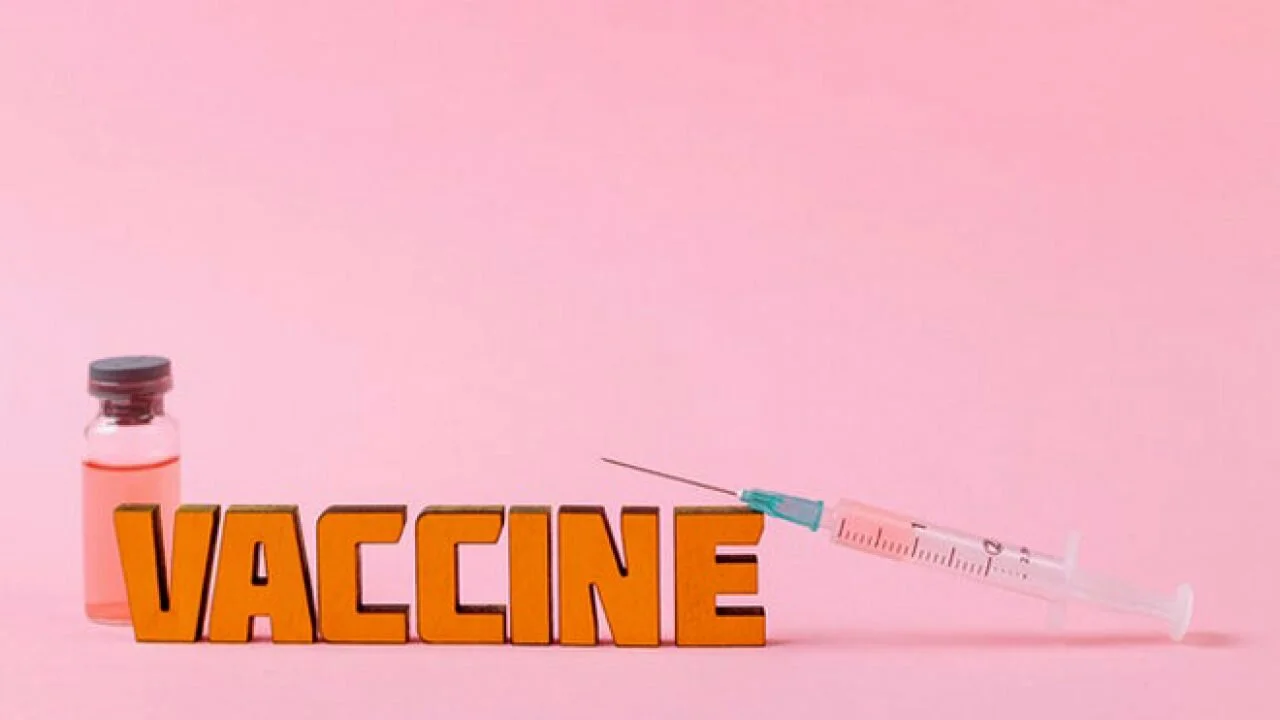How to Have Safer Sex
Though sex and relationships influence many components of our culture, sexual health is often a subtext that goes without mention. It comes as no coincidence, then, that many taboos have developed around discussing it. The time is long overdue for shame and fear to be dispelled. It will take a collective effort to eradicate misinformation and generalizations that are unsupported by facts. The perpetual stigma around sexually transmitted infections impacts the lives of an increasing population in the U.S. The true misfortune is not the diagnosis of an STI, but rather the consequences of not having transparent conversations in our communities and sexual partnerships, which hinder people from acquiring educational tools and seeking proper care.
The second week of April is STD Awareness Week, as observed by The Centers for Disease Control and Prevention (CDC). It’s stated on its site that the week “provides an opportunity to raise awareness about STDs and how they impact our lives; reduce STD-related stigma, fear, and discrimination; and ensure people have the tools and knowledge to prevent, test for, and treat STDs.”
In the spirit of the week, the CDC launched three campaigns: GYT: Get Yourself Tested, Syphilis Strikes Back, and Talk. Test. Treat. It offers a toolkit for users to understand each campaign and other general resources to make available to their communities through organization and education.
We conducted a poll to see how TGR followers feel and what you know about sexual health. Results showed 10% of surveyees feel some sort of shame or embarrassment around the topic of sexual health. 88% have knowledge about their personal health status, 8% think it’s invasive to ask a partner to get tested before sex, and 97% would accompany partners to get tested or to a doctor’s visit. Kudos to our community for choosing to act responsibly and breaking down the barriers of sexual shame!
Regardless of sexual health status, everyone deserves respect, safety, and the choice of an active sex life. For STD Awareness Week, let's make space for more open communication and deeper consideration of those living with STIs. By liberating the shackles of shame and fear we can foster better, more empowering conversations about sex.
Some things to keep in mind about sexual health:
1. STIs are more common than you may think
CDC estimates indicate approximately one in five people or about 20% of the U.S. population had an STI on any given day in 2018. According to our poll, 54% of surveyees weren’t aware of this statistic.
One of the eight common STIs is the Human Papillomavirus (HPV) which, “is so common that nearly all sexually active men and women get the virus at some point in their lives.”
2. Talking about safer sex starts with you
94% of TGR surveyees said they’re comfortable initiating sexual health conversations with their partners. Knowing when and how to have safer sex conversations with partners can seem tricky, but a clear understanding of your needs and boundaries are crucial. Gerina Davis, a Marriage and Family Therapist/Program Coordinator, says that conversations about sex — expectations, boundaries, safe practices — are best had before sex is on the table. “Waiting to have those conversations opens the door for misunderstandings, inappropriate behaviors, resentment and other unfortunate and possibly unnecessary situations,” she explains.
Opening up sexual health conversations with ease, according to Davis, starts with you feeling safe. “The best way to approach the conversation of sex with another person is to first be comfortable having the conversation with yourself. What is your stance/beliefs on sex, the purpose of it, and how you would like to engage in it? What does sex mean to you? Once you are able to have this conversation with yourself and be confident in your stance then it may alleviate the discomfort one may have when approaching this conversation with another person you are interested in.”
3. Avoid using stigmatizing language
The judgement associated with STIs is in part due to the stereotypical and derogatory language often used to describe or identify people who have them. Words like “clean” to describe negative test results and “dirty” to describe those infected with STIs should be avoided, as this kind of language assigns blame and is medically inaccurate.
SIECUS is an organization that works to advance sex education through advocacy, policy and coalition building. An article on its site highlights six ways to talk about safer sex and STIs without using fear, shame, or stigma. One way is to reconsider discriminatory language and instead encourage “person-centered language” or language that “focuses on the person, not the infection.”
Knowledge of one’s STI status is vital for responsible sex and how we talk about it allows for transparency and vulnerability in conversations.
4. There are resources for how to disclose to a partner
The STI Project’s Executive Director, Jenelle Marie Pierce, a STI+ Sexual Health Educator, breaks down disclosure and specifically, how to disclose a herpes simplex virus diagnosis to a new partner. On her Instagram Jenelle said the number one question she’s asked is how to disclose. “People are utterly terrified of having to tell someone they have an STI, and that makes sense, because the stigma associated with STIs is awful,” she wrote in a post. But, there is hope. She says to allow yourself grace and, “know that with practice and time, disclosure gets easier and feels less burdensome.” Jenelle offers masterclasses and courses that cover topics like the history of STI stigma and common misconceptions. These resources help folks navigate STIs on both a personal and societal level, encouraging them to live unapologetically and happily, which includes having a full love life.
5. It’s a good idea to get tested when you have a new partner
According to Planned Parenthood STD testing for a new partner is an important safe sex pratice. Though it can feel awkward, the site says “talking about getting tested shows you care about your partner, and it can even make you closer.” Getting tested is one of the best ways to prevent STDs as some people can have an STD and not know it because they don’t exhibit any symptoms. Most STIs are curable and those that aren’t are manageable. Treatment relieves symptoms and decreases the likelihood of transmission.












